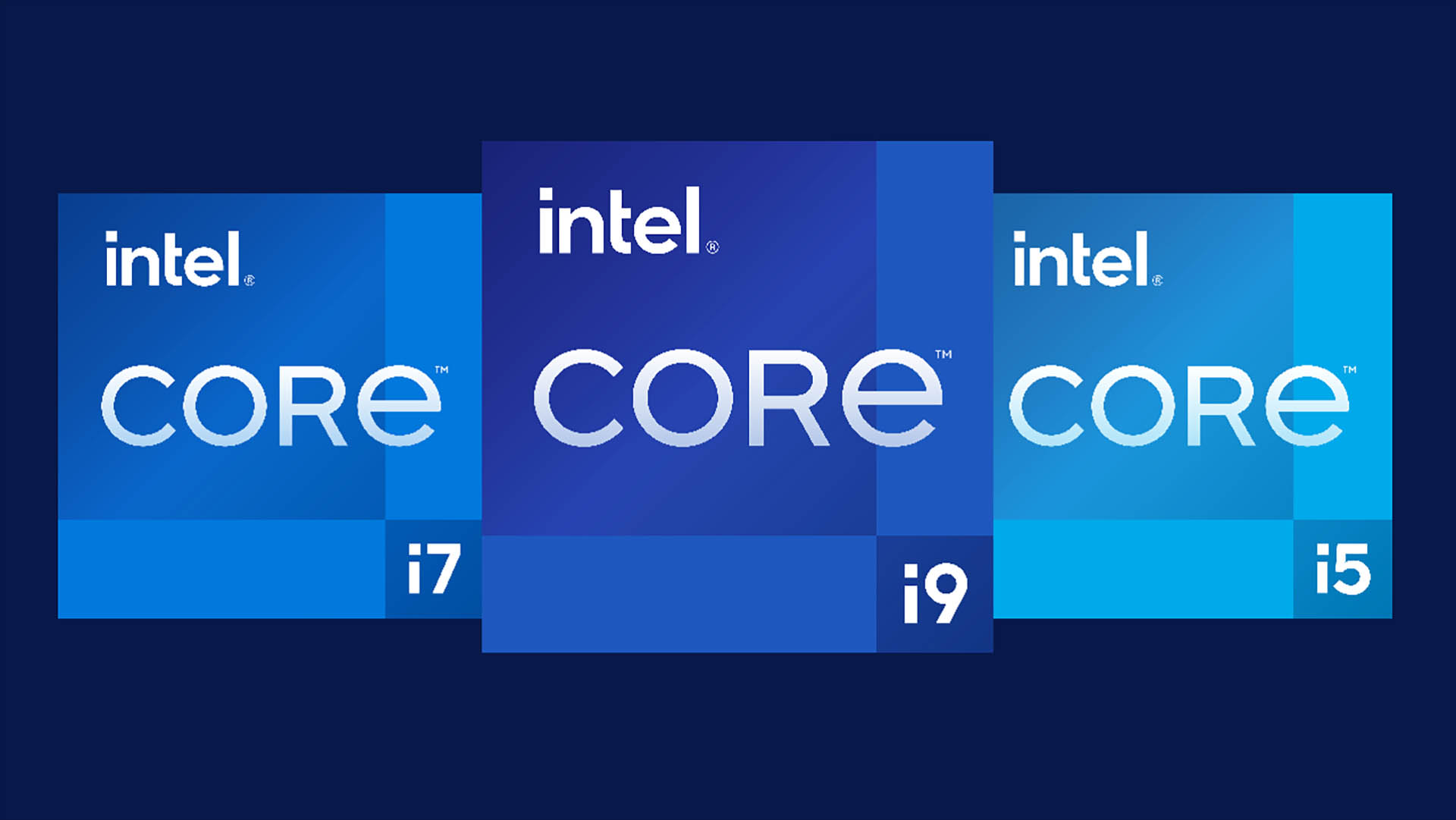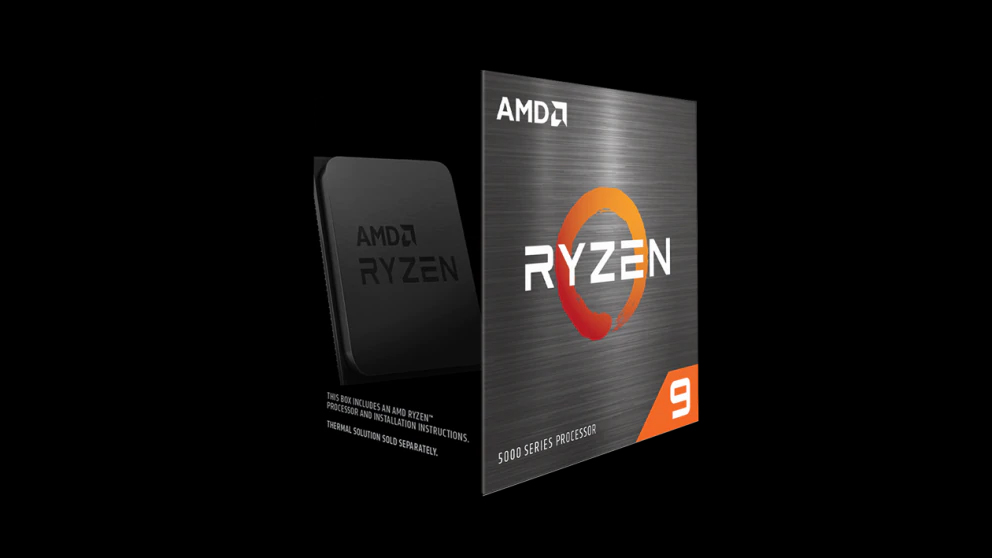Intel's Rocket Lake could retake gaming performance crown from AMD
How far is Intel willing to go to dominate gaming? 5.5GHz, it seems...

Benchmarking and frame-time capturing specialist CapFrameX has posted a single-threaded Cinebench R20 result purporting to be from one of the Intel Rocket Lake CPUs. At 655 points it’s just marginally ahead of AMD’s new wonderchip, the Ryzen 9 5950X, which CapFrameX pegs at 649 points.

Best CPU for gaming: the top chips from Intel and AMD
Best graphics card: your perfect pixel-pusher awaits
Best SSD for gaming: get into the game ahead of the rest
But there’s a catch. The Rocket Lake chip reportedly requires a clockspeed of 5.5GHz to achieve that score. The AMD Radeon R9 5950X has a maximum boost clock of just 4.9GHz, though in real-world testing can run a whisker over 5GHz. If the benchmark result and clockspeed are accurate, it shows just how far Intel is willing to go to regain the gaming performance crown.
While Cinebench R20 is obviously not a game benchmark, its single-threaded runtime is a fairly reliable guide to per-core CPU performance. Moreover, relatively few games can scale well beyond the eight cores that the top Rocket Lake chip is expected to include at launch early next year. Which is why Intel's 10-core i9-10900K is competitive in games with 12 and 16-core Ryzen processors.
Put it all together and the implication is that Intel could retake the gaming crown from AMD with Rocket Lake when it appears early next year. Or at least pull ahead in what is currently a very close race between Intel’s 10th Gen CPUs and AMD's new Ryzen 5000 chips.
Of course, none of this should be a huge surprise. Overall, there’s virtually nothing in between Intel and AMD when it comes to gaming performance. Meanwhile, Rocket Lake will be getting a new architecture based on the Sunny Cove cores found in Intel’s 10th Gen 10nm laptop chips but backported to 14nm.

Independent testing shows that Sunny Cove is a tangible step forward in terms of performance-per-clock over the Skylake-based cores found in Intel’s 14nm Comet Lake chips, as seen in the likes of the Core i9 10900K and the rest of the 10th gen desktop Core family.
While the backport to 14nm may see some of Sunny Cove’s advantage lost, it should still be a decent step forward in IPC and thus ought to beat AMD’s Ryzen 5000 for single-thread performance provided it can achieve the characteristically high clocks Intel’s 14nm chips achieve. In other words, Rocket Lake at 5.5GHz would be odds-on favourite to take the gaming crown.
The biggest gaming news, reviews and hardware deals
Keep up to date with the most important stories and the best deals, as picked by the PC Gamer team.
But at what cost? Rumours have circulated regarding the power implications of backporting large CPU cores originally designed for 10nm to the legacy 14nm node. Clocked up to fully 5.5GHz and the power draw implications are pretty scary. Indeed, it’s this very power-consumption conundrum which is thought to be the reason why Rocket Lake will only scale to eight cores, which represents a step back from the 10-core Core i7-10900K. Those backported Sunny Cove-based cores simply drink too much juice.
Still, with AMD holding a huge multi-core advantage, single-thread and gaming performance are the only prizes available to Intel while it struggles to move beyond 14nm on the desktop. It won’t be at least until Intel solves its 10nm woes—and it may have to wait for Intel’s 7nm node—before Chipzilla has any hope of regaining the overall performance crown.

Jeremy has been writing about technology and PCs since the 90nm Netburst era (Google it!) and enjoys nothing more than a serious dissertation on the finer points of monitor input lag and overshoot followed by a forensic examination of advanced lithography. Or maybe he just likes machines that go “ping!” He also has a thing for tennis and cars.

